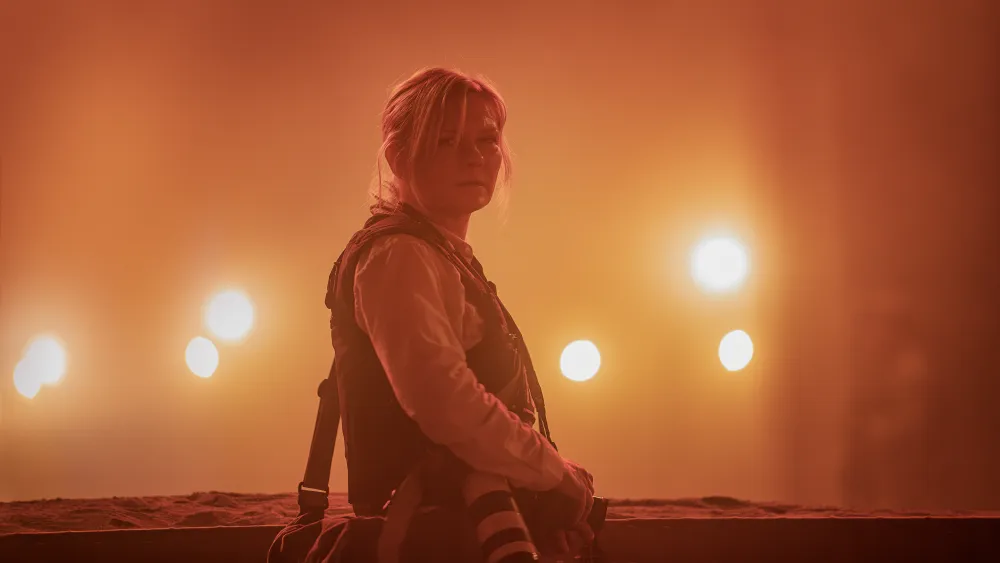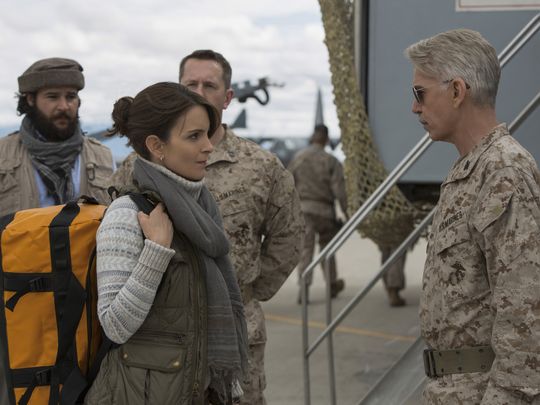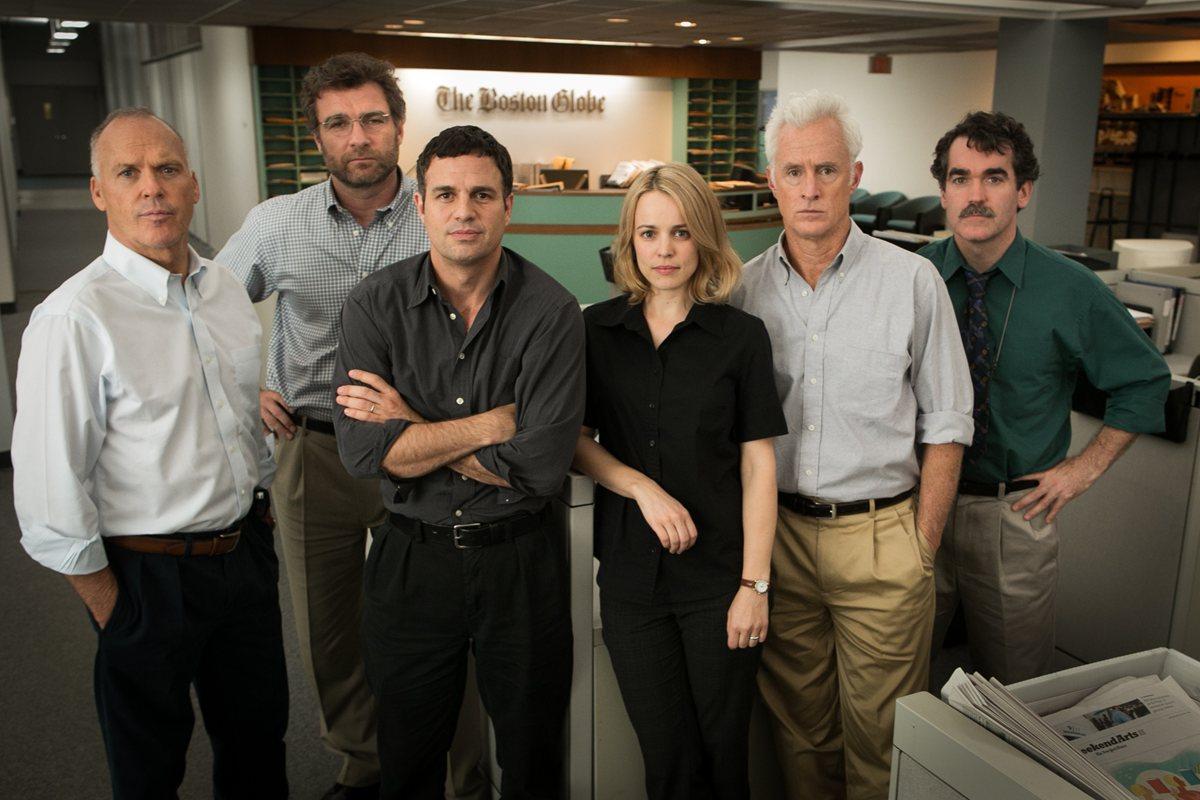Civil War
Posted on April 9, 2024 at 8:07 pm
B +| Lowest Recommended Age: | Mature High Schooler |
| MPAA Rating: | Rated R for strong violent content, bloody/disturbing images, and language |
| Profanity: | Very strong language |
| Alcohol/ Drugs: | Alcohol and marijuana |
| Violence/ Scariness: | Extensive very intense and graphic wartime violence, characters injured, tortured, killed, and executed, mass grave, disturbing and gory images |
| Diversity Issues: | Diverse characters |
| Date Released to Theaters: | April 12, 2024 |
Writer/director Alex Garland likes to present audiences with extinction level disaster, from the zombie apocalypse “28 Days Later” to the investigate-the-anomaly “Annihilation” and the AI-can- outsmart-us “Ex Machina.” In all of them, though, the story is not the causes or consequences of the unconquerable threats; it is us, and the way we respond to them. There is no zombie as terrifying in “28 Days Later” as the humans who betray one another.

“Civil War” is not about the issues or personalities that caused three states to declare war on the rest of the US. We learn in the first moments that two of the states are, in today’s politics, majority far-right Texas and Florida and far-left California (with strong opposite-leaning parts of the states), so there are no easy conclusions to draw. This movie is about the journalists covering the war by bringing cameras into the battles, being present as proxy, never making themselves part of the story by inserting themselves into even the most disturbing and potentially preventable carnage. The most important comment in the film, from a veteran war photographer to a 23-year-old newcomer is, “We record so other people ask.”
We will see, though, that other people do not seem to be asking. Both the veteran, Lee (Kirsten Dunst) and the newcomer, Jessie (Cailee Spaeny of “Priscilla”) are daughters of farmers they describe as pretending nothing is happening. Four journalists are trying to drive from the battleground in New York City to Washington D.C. to interview the President (Nick Offerman). They cannot take the highway that was the direct route because it has been destroyed. As they drive via back western Pennsylvania and West Virginia, they see shoot-outs and desolation, except for one small town that appears to be untouched by the war. It even has charming shops carrying items like party dresses no one has any more reason to buy. The store clerk explains that they prefer to pretend the war is not happening. As they leave, Lee sees that they are not in complete denial; there are snipers on the roofs.
The other two journalists are adrenalin junkie Joel (Wagner Moura, Pablo Escobar in “Narcos”), and elder statesman and mentor Sammy (the always-great Stephen McKinley Henderson of “Fences” and “Lady Bird”). If you get confused as they travel about who is on which side, that is the point. When they try to interview a soldier who is in the middle of a skirmish, he impatiently summarizes the situation as shooting and being shot at. Jesse Plemons has a brief scene as a terrifying figure who, though wearing a uniform, does not seem aligned with any side except his own sense of who is an authentic American.
Significantly, we never see anyone at a news organization receiving the images they send, much less a subscriber reading a news story. We are told that in Washington they are shooting journalists.
As Jessie points out, Lee’s career began with an image she took when she was still in college, a viral photograph of the “Antifa Massacre” (no indication of whether they were the killers or the victims). And she shares a name with legendary WWII photojournalist Lee Miller. Lee has a steely reserve, tempered with numbness, when photographing the most dire, dangerous, and disturbing situations. But she retains some empathy, even tenderness for Jessie, perhaps because she sees something of herself. She both wants to help her and protect her, understanding that she cannot do both.
Jessie insists on using an old camera, with film, not digital, perhaps a tribute to Lee Miller. She even carries a travel developing kit, keeping the fluid in a vial under her shirt so it stays warm. But Lee is there to tell the story, and Jessie is more like Joel, to feel the rush.
The final scenes, an attack on Washington DC, are horrifying. We’ve seen the iconic structures blown up in movies before, but the intensity and devastation of this film are unprecedented. This builds on the carefully chosen details we have already seen, a high school football field converted to a refugee center run by an international humanitarian aid group, a mass grave, those snipers on the roofs.
Garland’s words from a Daily Beast interview are the best conclusion to a discussion of the film: “More and more news organizations have become dominated by bias, so this is a throwback to an older form of journalism, which is reporting. Then, the film is attempting to function like a reporter. It’s about reporters, and it’s trying to be like a reporter itself.”
Parents should know that this movie includes intense and disturbing wartime violence with many characters injured and killed, some torture, murder, and many graphic and disturbing images including dead bodies and a mass grave). Characters use very strong language, smoke marijuana, and drink alcohol.
Family discussion: Should journalists ever intervene in the situations they are covering? What journalists do you trust and why? How are Sammy, Lee, Joel, and Jessie different in their reasons and approaches?
If you like this, try: Garland’s other films and “The Year of Living Dangerously”







